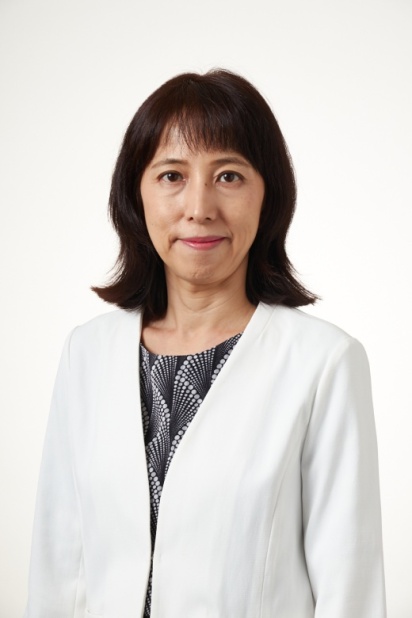Wanted: Students who pursue interdisciplinarity and confront the present

The Graduate School of Information and Communication is a place to address the challenges of modern society from the perspective of information communication. It is our mission to provide graduate students with the knowledge and expertise to meet these challenges and forge the future.
My specialty is intercultural communication studies. In particular, I carry out research on intercultural society in which people from different cultural backgrounds live together.Let’s take intercultural society as an example and think about how you can do research at our schooll.
Many foreign nationals live in Japan. They include those who come to study, those who come to work, and those who apply for refugee status. Let’s suppose that you conduct research on the education of the second generation of immigrants who have been living in Japan for a long time. Legal knowledge is necessary when considering the institutional framework surrounding immigrants. There are different laws to refer to depending on your interests, such as what laws affect their stay or prevent them from choosing a free education, etc.
In addition, if there are issues in the language used by foreign nationals, approaches from linguistics and Japanese language education whereas sociology and social psychology are useful for minority exclusion and inclusion. In the sense that the second generation of immigrants came to Japan with their parents, you can see problems from the perspective of family sociology. You can also see how the immigrants are symbolically expressed in the media from the perspective of media studies. Education for the second generation of immigrants and their parents’ economic activities are inseparable. It is also said that relatives in the home country and the network of people from the same hometown built in Japan have a significant impact on the second generation.
Even when taking up a theme, like education for the second generation of immigrants who have lived in Japan for a long time, you can address it from various perspectives. At our school, you can address the challenges of modern society from a crosscutting or interdisciplinary perspective, rather than looking at one aspect of the academic system.
In order to allow students to acquire abilities as required by the Diploma Policy, the Graduate School’s curricula offer opportunities for them to develop their interdisciplinary ability by offering an innovative Interdisciplinary Milieu. This involves the following three features: (1) offering lecture subjects in diverse disciplines, (2) feedback from faculty advisors and faculty members across disciplines, and (3) planning of rich learning.
And (1) by taking lectures in different areas of expertise, (2) students can get various feedback. The same goes for the master’s/doctoral thesis interim presentation session. (3) Special lectures and the Graduate School Forum held by inviting external lecturers, and interdisciplinary collaborative research projects across laboratories create various forms of interdisciplinary interaction. The Graduate School also provides opportunities to talk with graduates of the School who are active in various fields, as well as offering an assistant faculty advisor system.
Through not only exercises and lecture classes with faculty advisors but also interactions with other graduate students and faculty members, we will teach graduate students to understand the modern-day complex themes of their choice from an interdisciplinary perspective and to develop effective academic and policy portfolios.
Dean of the Graduate School of Information and Communication
NEBASHI Reiko


